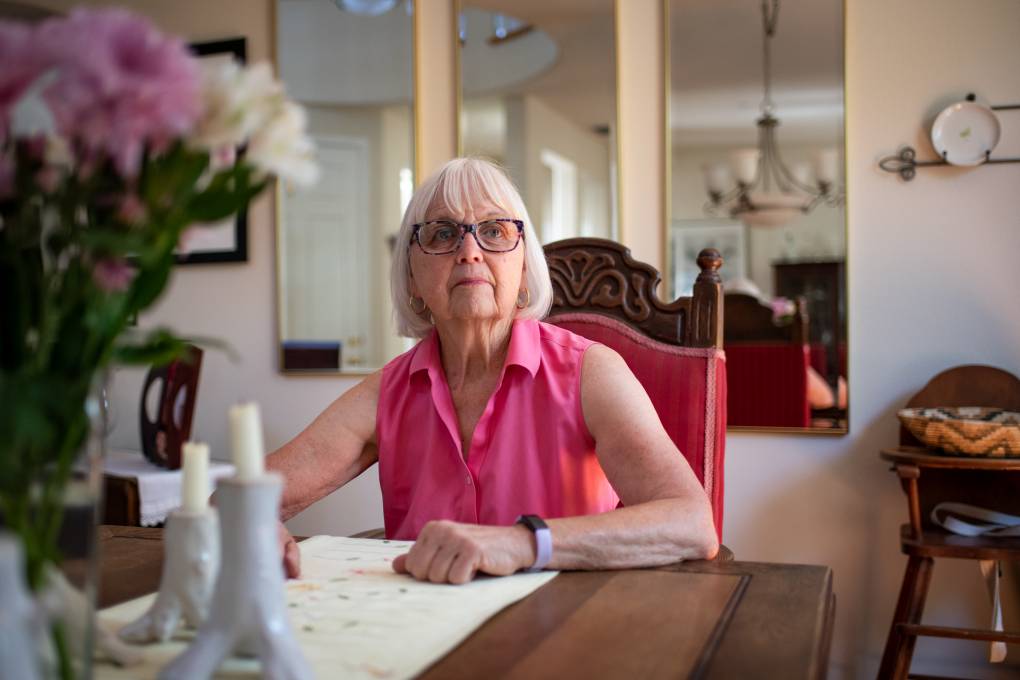Elizabeth Kirkaldie’s grandson was at the top of his class in high school and a talented jazz bassist when he started smoking pot. The more serious he got about music, the more serious he got about pot.
And the more serious he got about pot, the more he became paranoid, even psychotic. He started hearing voices.
“They were going to kill him and there were people coming to eat his brain. Weird, weird stuff,” Kirkaldie says. “I woke up one morning and no Kory anywhere. Well, it turns out, he’d been running down Villa Lane here totally naked.”
Kory came to live with his grandmother for a couple years in Napa. She thought maybe she could help. Now, she says that was naïve.
Kory was diagnosed with schizophrenia. Kirkaldie blames the pot.
“The drug use activated the psychosis, is what I really think,” she says.
Indeed, research confirms people who use cannabis are four times more likely to develop chronic psychosis, or schizophrenia, compared to people who don’t. For people who smoke every day or use higher potency products, the risk is up to six times higher. One study found eliminating marijuana use in adolescents would reduce global rates of schizophrenia by 10%.
Doctors and lawmakers in California want cannabis producers to warn consumers of this and other health risks on their package labels and in advertising, similar to requirements for cigarettes. They also want sellers to distribute health brochures to first-time customers outlining the risks cannabis poses to youth, drivers and those who are pregnant, especially for pot that has high concentrations of THC.




